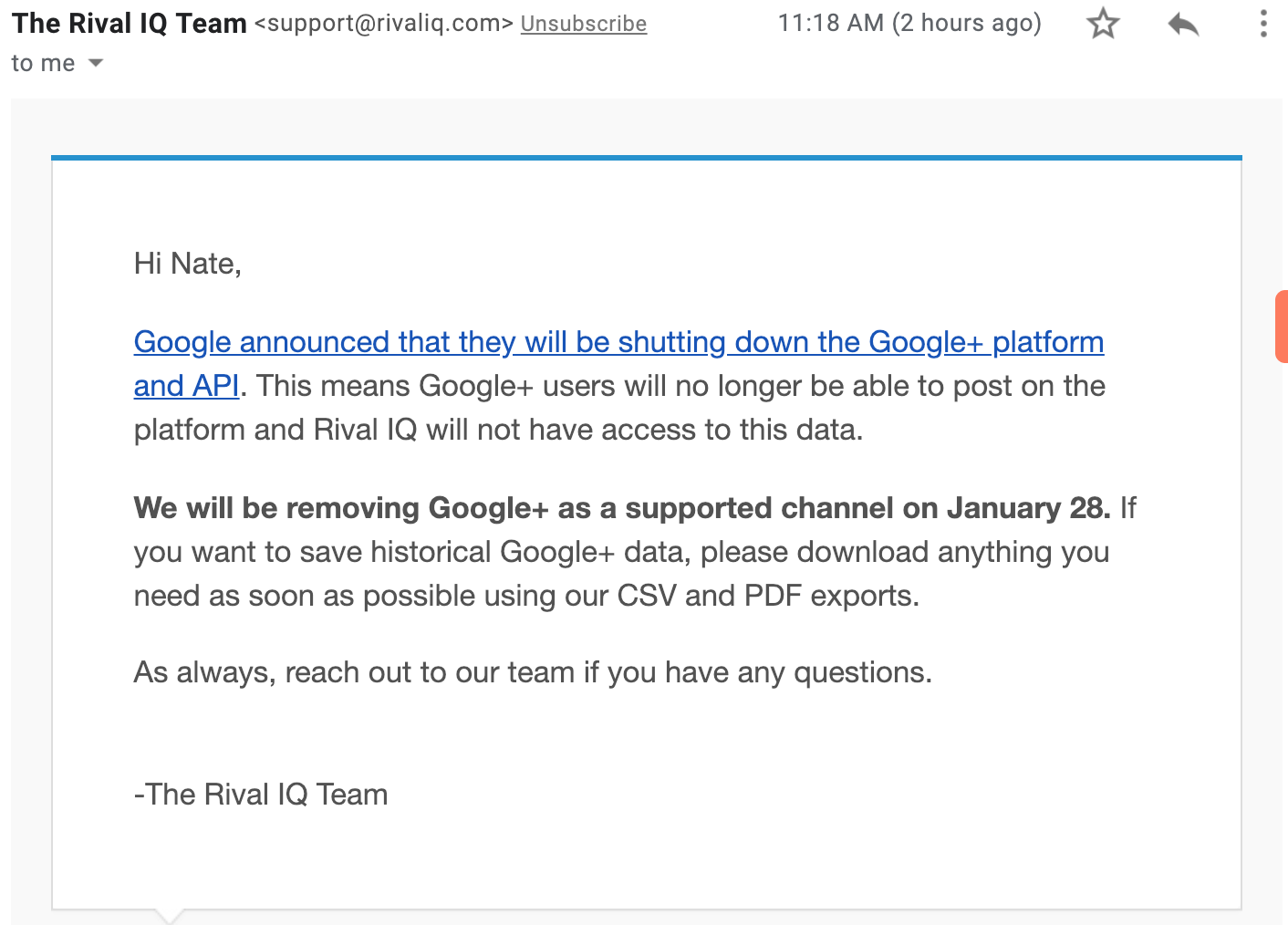We all know why companies (and the humans inside those companies) should be blogging. There is significant qualitative and quantitative information out there making a case for the benefits of having an active and well-produced blog.
But there's a two-sided conundrum when it comes to getting a business to really embrace a blog as a business communications platform.
On one side, blogging can be tough. Staying creative and full of fresh and relevant content ideas is always a challenge. Finding the time and staying committed to producing your blog content is an even bigger issue for all sizes of business. Sure, you have people like Michael Hyatt and Jonathon Schwartz who have adopted the lifestyle of blogging and are finding great success. You also have the collaborative approach, which we've seen work for big players like Southwest Airlines and Dell.
But lets face reality, folks. In small and mid-sized organizations where schedules are strapped, extra help is expensive and hard to find, and budgets are limited, blogging often gets shifted to a lower priority - if even a priority at all. That's not surprising. At the end of the day, humans working in businesses have jobs to do and blogging is often "one more thing" to add to the task list.
Enter the Agencies
Seeing a market need, advertising, marketing and public relations agencies have swooped in to offer help to their clients. Being communicators who produce more traditional content, this seems like a no-brainier. Shouldn't your agency be able to help you move the needle in this area as well? In most cases, yes. But only if the agency first understands the medium and how it works, and then approaches the situation in a practical and transparent manner.
Ghost Blogging is Tricky (and Fails)
Ghost blogging has been a heavy debate online for the past few years. It seems that the public has decided that as long as the real writers of a blog are disclosed and they're forthright with how they gather their content information, it's okay. I get that. But what I also know is that the majority of the time, done ethically or not, ghost blogging doesn't really work. Why?
- Blogging is about a conversation, not pushing articles out to the masses. Pushing content is for magazines and newspapers, and the last time I checked, most of them weren't doing so hot anymore. In fact, the news organizations that are still finding success (like USA Today) have adopted some of the comment-driven techniques of blogs.
- Blogging is about the men or women behind the curtain. What I mean is that consumers read blogs based on content, but also on a perceived relationship they have with the blogger(s). It makes sense then that the relationship perception cannot be created through ghost content.
Agencies - How To Help Your Clients Blog (Better)
So here we arrive at our conundrum. Companies need help blogging. Agencies need to add value and generate additional revenue streams from their clients. Ghost blogging usually sucks (for lack of a better word). Will you indulge me for a moment as we learn how to bend the spoon? Good. Here are my ideas on a few possible solutions. Please, take what you can. Run with it. And by all means, let me know the stories about your success and failure. I'd love a guest post on this subject...
- Become a Content Engineer for your clients - Rather than fall into the trap of writing content that won't help, become your client's content engineer. Help them ideate a content strategy and make sure that strategy stays fluid. Find the bloggers you would have written content for, go out and buy yourself a Flip Video or Zi8 and one by one, capture their content, interview style. Set up a schedule where you and your team visit once a week for a few hours and capture 5-7 segments of content. Go back to your office, produce the video and schedule out the posts. Be careful not to over produce. A raw look and feel on the social web helps breed a sense of trust in the content. Don't be too scrappy, but don't be too polished either. Balance. By the way, you can charge a fee for the time it takes you to capture, produce and publish the content.
- Become a Transcriber - Search engines love dynamic content and SEO value is one of the major benefits of business blogging. If you go the Content Engineer route with your client, another service you can add on (and charge for) is taking video interviews and transcribing the story to keyword-rich text. Jacob Stoops does this often on Agent SEO, precisely for the search value.
- Optimize Social Objects - A business, or an individual, can get a ton of search engine lift from adding keyword-rich tags to the social objects they utilize in their posts. Alt tagging images with names, or even tagging videos on YouTube or Vimeo, will help your blog posts rank for linq and short tail search quires. I've found that most business teams have little understanding of how tagging really works. And why should they? It's not their job to know that stuff. This is yet another line item that can be added to a proposal or quote for services (but only if you know what you are doing with this. Cool?)
- Create a Channel, Produce the Show - Do you like wine? If you answered yes to that question, there's a chance you've heard about or even watch Gary Vaynerchuck on Wine Library TV. By producing daily video segments, Gary was able to take his family business from $5 million in annual revenue to upwards of $50 Million in just a few short years. Maybe a blog alone is not the answer for your clients. Maybe, with your help of course, they can produce a show like Gary's or even HubSpot TV. If the content is a Purple Cow, shows tend to spread fast. You can even distribute the show on iTunes for good measure. The question is, left on their own, do your clients possess the skills and time to produce an internet show? In most cases, probably not. But for a small fee, your agency does.
- Foster Collaboration by Becoming a Coach - Collaborative blogs are a great solution because they allow businesses to spread the content generation responsibilities across a team of people, reducing the time it takes away from their day-to-day responsibilities. While it's efficient, your client still needs your help. Develop a program where you play the role of a blogger coach and collaborative blog admin. Set up weekly one-one-one meetings with each blog team member to help them ideate and get better at writing copy. Help them keep tabs on who is supposed to produce content at what intervals. And, by the way, Tom Williams has a great tool called Innoblogs that can help you run a blog team program by giving you a collaborative blog workflow system that will help you help them.
So, does this help your gears turn? Do you see anything you can use? Did I miss anything?


